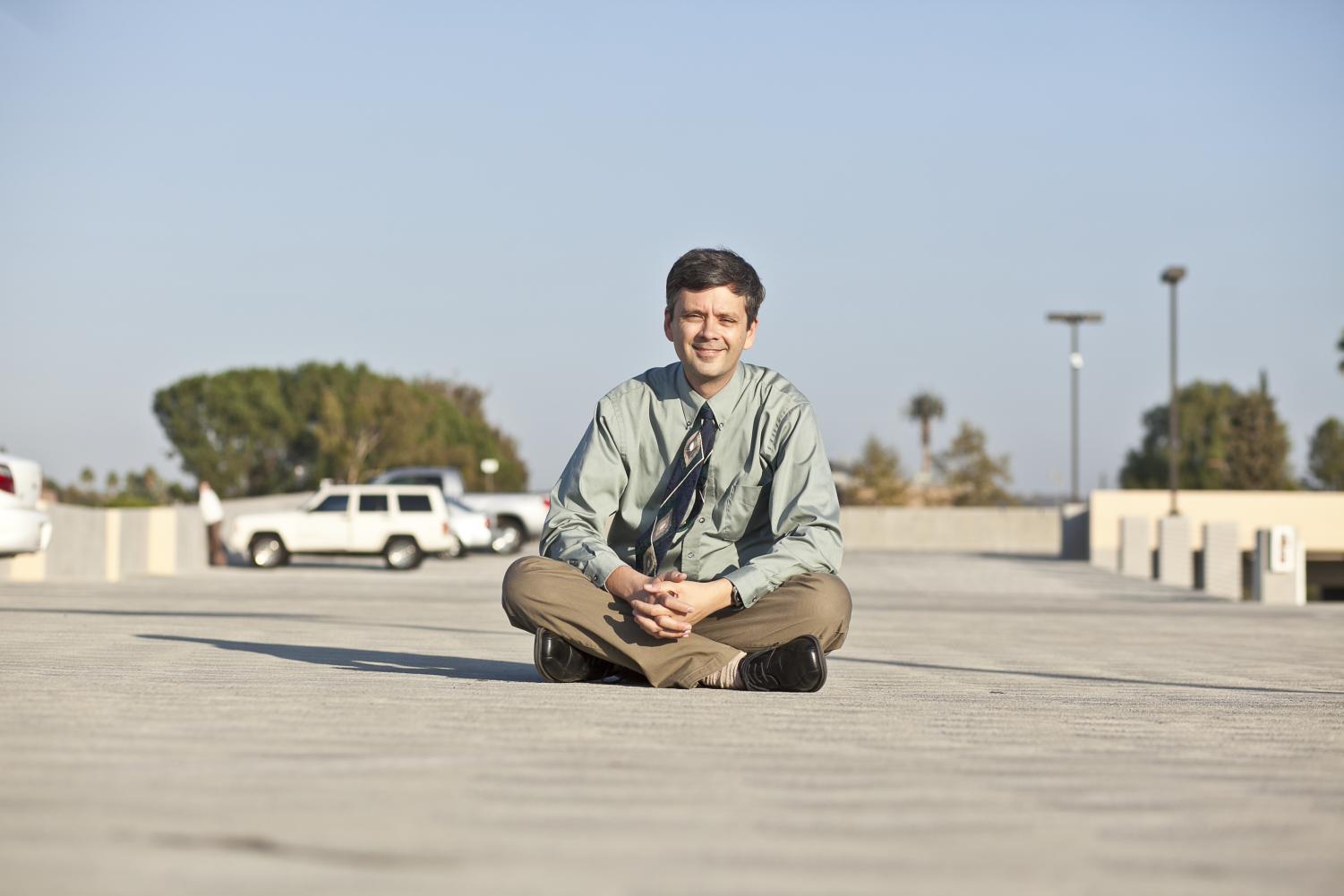Written by Kelsey Osterman
Like many other imaginative, nature-loving kids, there was a time in my childhood when my greatest dream was to have my very own treehouse. Yet I didn’t want just any treehouse; my arboreal residence was a veritable mansion in the sky, a castle in the leafy canopy. I spent rainy days scribbling blueprints on scrap paper, drawing a spiral staircase here, a rope ladder there and trapdoors everywhere. Each multi-level floor plan was more preposterous than the one before, but I was blissfully unaware that my dreams were so implausible.
Much of our world is formed and controlled by expectations. We believe the world around us should function in a certain way, and we craft assumptions as a result. Some of them are simple, so routine as to remain almost subconscious — we expect the sun to rise every morning, cars to stop at red lights and a cup of coffee to be fresh and hot. Others are more complex and often more difficult, if not impossible, to fulfill — we expect our parents to love and provide for us, a career to fit perfectly with our skills and our treehouse to have a spiral staircase.
The world also places certain expectations on us. As college students, we’re supposed to complete homework assignments, take part in extracurricular activities and prepare for our futures — all while maintaining our social lives. As Christians, we’re supposed to be involved in the church, serve the less fortunate and cultivate healthy relationships with God. As Americans, we’re supposed to be patriotic, indulge in consumerism and exercise our right to vote. Society, and the larger world, demands that we satisfy these requirements or risk the consequences.
As a magazine staff, we, too, have expectations to uphold. Each semester, that task grows increasingly difficult as we continue to craft our legacy — a legacy of success, innovation, quality and telling meaningful stories. And as we present this issue of our publication to you, we once again subject ourselves to your expectations, which we hope we have not only met, but exceeded.
We believe expectations can, and should, be challenged. Are the world’s expectations of us reasonable? Do our expectations of others place unnecessary burdens on them? Do we allow ourselves to be shaped too much by our own and others’ expectations? Or are all these expectations realistic? Whether in obvious or subtle ways, the stories we chose to tell in this issue all center around expectations — breaking them, confirming them, questioning them, revising them.
When I was a young teenager, my dreams were actualized in a real bolts-and-boards treehouse my dad constructed between three trees in our backyard. It didn’t have a rope ladder or spiral staircase; it had a straight, gradual one our dog could climb. It was only one level, but it was solidly built with a roof to keep its occupants sheltered. And it actually did have a trapdoor. It wasn’t anything like my crazy drawings, but it was just what our family needed.
And for that, it was perfect.





